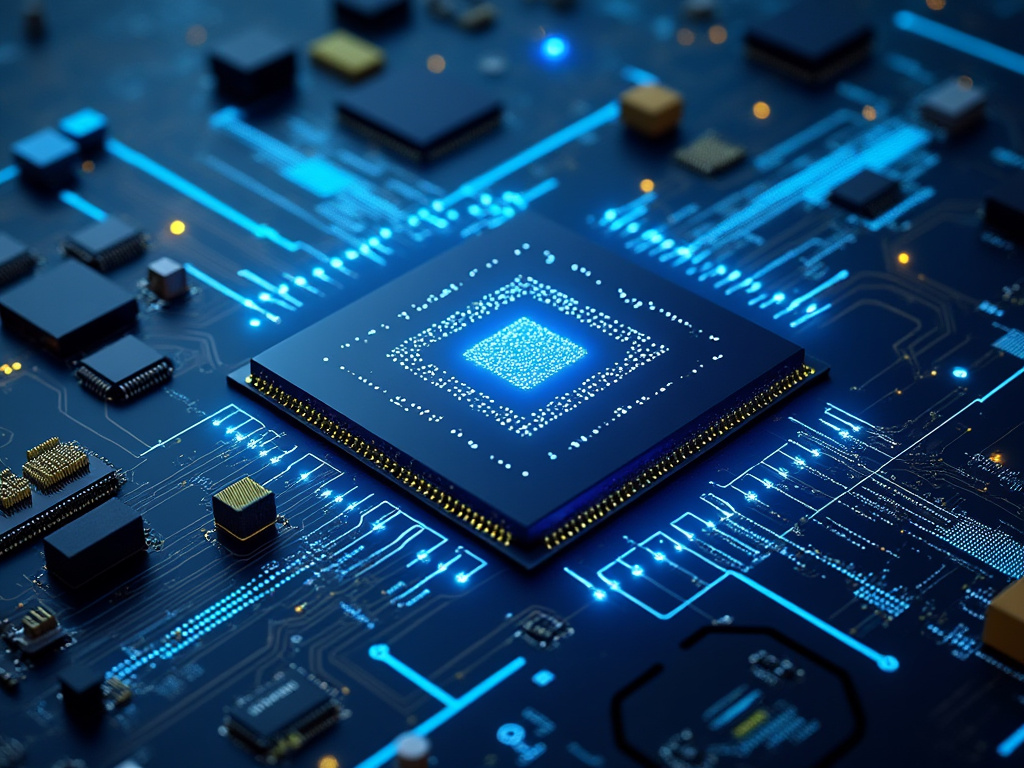Quantum Machines and Nvidia have made significant progress in their collaboration, initially announced over a year ago, aimed at enhancing quantum computing capabilities. The partnership integrates Nvidia’s DGX Quantum computing platform with Quantum Machines’ quantum control hardware, focusing recently on improving qubit control through better calibration techniques.
In a recent presentation, the companies demonstrated the use of an off-the-shelf reinforcement learning model on Nvidia’s DGX platform to calibrate qubits in a Rigetti quantum chip. This calibration process targets the “π pulses” which are crucial for controlling qubit rotation within a quantum processor.
Calibration in quantum computing is not merely a preliminary step but a continuous requirement due to the inherent drift in quantum systems. Yonatan Cohen, co-founder and CTO of Quantum Machines, emphasized the necessity of frequent recalibration to maintain high fidelity in quantum operations, which is vital for advancing towards quantum error correction.
The calibration task is computationally intensive, necessitating the power of Nvidia’s DGX platform. This system’s capability to handle minimal latency is crucial for real-time adjustments, as noted by Sam Stanwyck, Nvidia’s group product manager for quantum computing. The collaboration has shown that even minor improvements in calibration can exponentially enhance error correction capabilities.
The experiment involved using a basic quantum circuit, but the approach can be scaled to handle more complex systems, according to Ramon Szmuk, Product Manager at Quantum Machines. The code for the experiment was relatively concise, consisting of around 150 lines, underpinned by extensive system integration and software development by both teams.
Both companies are committed to furthering this collaboration by developing more open-source libraries and tools, making these advanced calibration techniques accessible to a broader range of researchers. With the advent of Nvidia’s upcoming Blackwell chips, the project is expected to benefit from even greater computing power.
This collaboration marks a step forward in the journey toward practical and efficient quantum computing, highlighting the critical role of classical computing in managing quantum systems.



